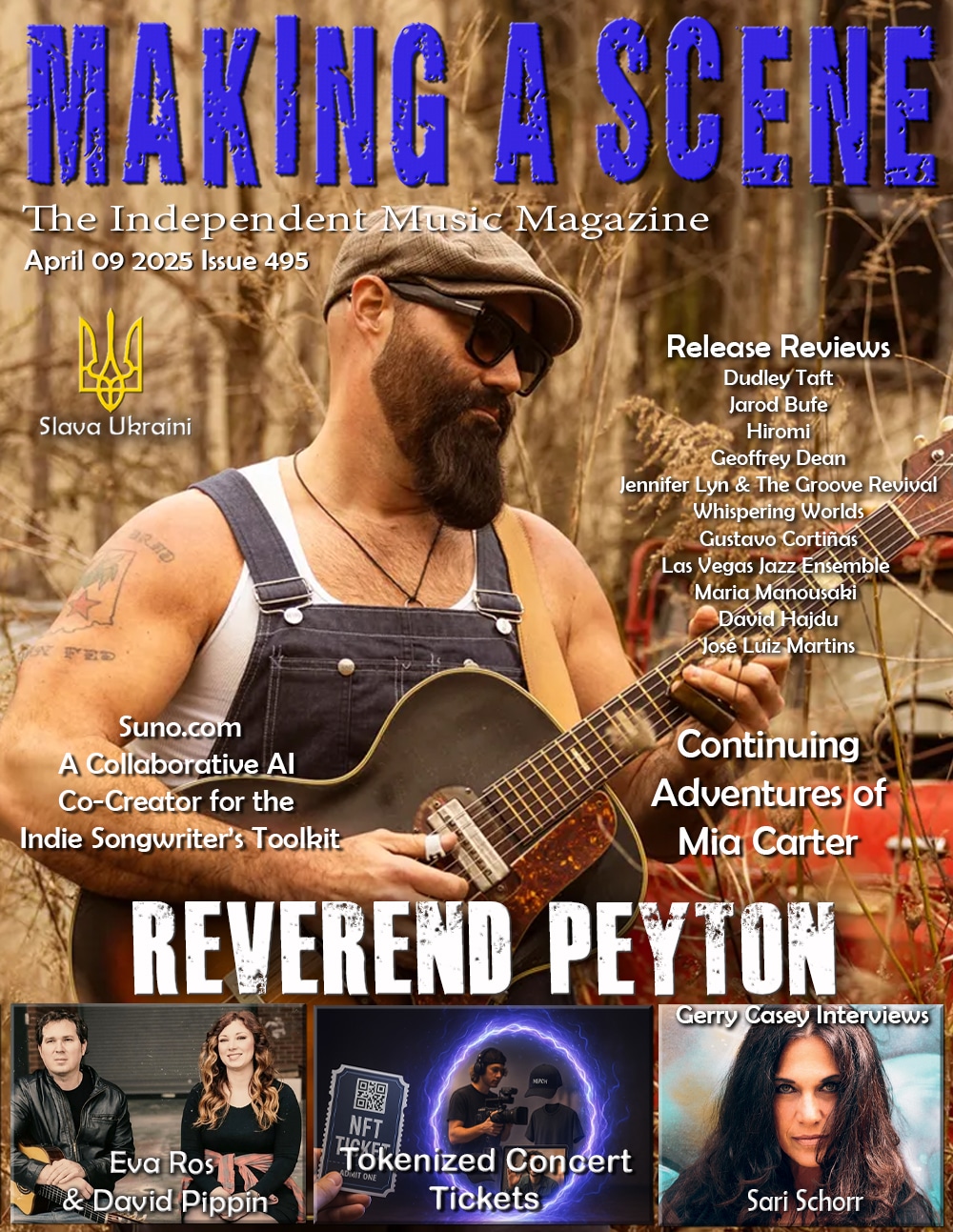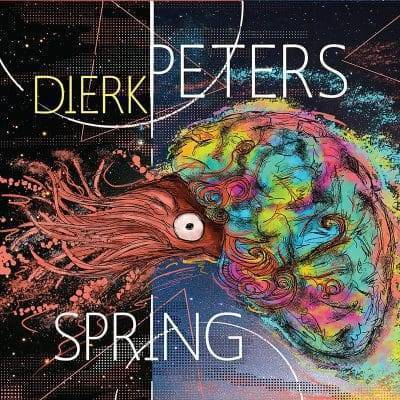Dierk Peters Spring
Spring
Sunnyside
Eric Dolphy firmly established the harmonic splendor of the vibraphone, alto sax, trumpet, bass, and drums on his iconic 1964 Blue Note release, Out to Lunch. It’s a sound that we continue to hear today. The Posi-Tone label alone has issued four in their “Out to Dinner” series, patterned on the once revolutionary approach that has endured. German-born, New York-based vibraphonist Dierk Peters is the latest to present this style with his debut, Spring. Fittingly, he calls on a group of progressive improvisers to realize his vision. They are trumpeter Adam O’Farrill, alto saxophonist Caleb Wheeler Curtis, bassist Walter Stinson, and drummer Buz Donald. They all sit in Peters’ comfort zone, the intersection of the avant-garde and tradition. Peters’ original pieces, honed during the pandemic lockdown, draw on inspiration from his heroes, mentor and life experiences. Echoes of Dolphy, Ornette, Bobby Hutcherson, Paul Bley, and others waft through the music. While in New York Peters studied with the great vibraphonist Stefan Harris, whose influence can be looms as well.
There’s a haunting quality, an air of mystery, simply in the merging of the three instruments – alto, trumpet, and vibes as they play in unison or in harmony with each other. Peters opens with “Sibiu,” named for a Romanian town colonized by Germans. Peters reflects the odd feeling he had visiting this foreign yet familiar place. Each of the leading instruments stretch out of solos while Stinson and Donald provide a subtle, churning undercurrent. The piece has several intriguing vigorous exchanges between Peters and each horn that at times coalesce into unison patterns, the piece building in intensity around O’Farrill’s solo. Donald’s gentle pattering introduces “Yet No Treble,” an anagram for Ornette and Bley, as it evolves into a Coleman-like piece after a long study of Bley’s music. Wheeler Curtis is one the more imaginative alto improvisers today, an ideal for communicating in Ornette’s style. Bassist Stinson steps out authoritatively here as well.
The inspiration behind “Bill” traces to an encounter with an elderly man who needed help getting home. Peters and a provided the help, as the music depicts a sense of struggle that eventually ends with ‘task accomplished’. “Segre” reminds Peters of his hero, pianist John Taylor, also a former Cologne resident. The name comes from a French town where Taylor passed away on stage playing the music he loved, (the way every musician would like to go out). The rhythms here are more intricate and the melody unfolds in circular patterns, all deftly handled by these skilled navigators. “Byroad Lyre” is a ballad and while we’ve heard stellar examples of counterpoint up until this track, this is the strongest exposition of that technique on the disc. The complexity of the harmonic progression in “Haiku Pelt” reflects the deep feel that Paul Bley and Keith Jarrett were able to effortlessly communicate. The piece has a more open character than the others, with Peters’ vibraphone seemingly floating above the harmonizing horns which range from melodic to atonal.
“Pasco” is smoother and more melodic, with a singable melody, and more conventional sequence of soloists, with especially seamless segues. “Odelot” may be the best representation of the eerie quality that this configuration of instruments can produce. In this case, there are three motifs that the ensemble tie together, reminiscent of Bobby Hutcherson’s sound in the ‘60s. The quiet, somber but beautiful closer, “Meta,” is a tribute to the musicians lost during the pandemic, built off a tribute that Bill Frisell wrote for the late Chick Corea.
This highly textured, colorful music, like the title suggests, represents new beginnings for Peters, who is clearly an artist that bears watching.
- Jim Hynes
Buy Us a Cup of Coffee!
Join the movement in supporting Making a Scene, the premier independent resource for both emerging musicians and the dedicated fans who champion them.
We showcase this vibrant community that celebrates the raw talent and creative spirit driving the music industry forward. From insightful articles and in-depth interviews to exclusive content and insider tips, Making a Scene empowers artists to thrive and fans to discover their next favorite sound.
Together, let’s amplify the voices of independent musicians and forge unforgettable connections through the power of music
Make a one-time donation
Make a monthly donation
Make a yearly donation
Buy us a cup of Coffee!
Or enter a custom amount
Your contribution is appreciated.
Your contribution is appreciated.
Your contribution is appreciated.
DonateDonate monthlyDonate yearlyYou can donate directly through Paypal!
Subscribe to Our Newsletter
Discover more from Making A Scene!
Subscribe to get the latest posts sent to your email.
















































